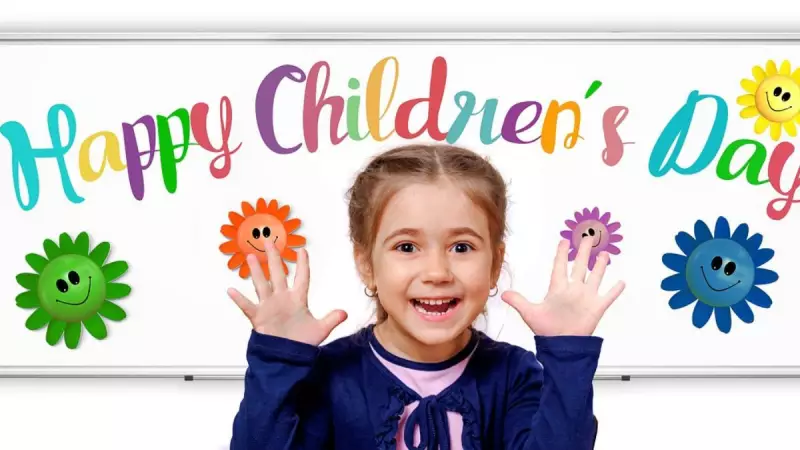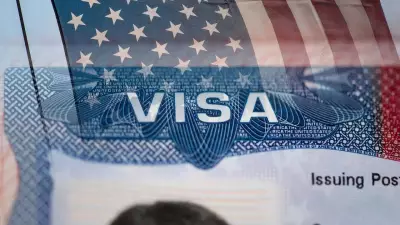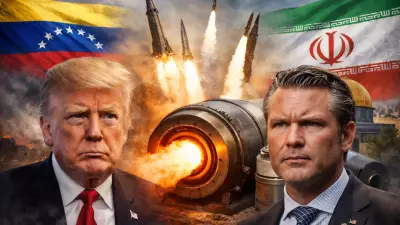
World Children's Day stands as a powerful global observance dedicated to promoting child welfare and rights across nations. Celebrated annually on November 20, this significant day serves as both a celebration of childhood and a reminder of the ongoing work needed to protect young lives worldwide.
The Historical Roots of World Children's Day
The origins of World Children's Day trace back to two crucial milestones in child rights history. On November 20, 1959, the United Nations General Assembly adopted the Declaration of the Rights of the Child, establishing fundamental principles for child protection. Exactly thirty years later, on November 20, 1989, the same body adopted the Convention on the Rights of the Child, which has since become the most widely ratified human rights treaty in history.
This historical significance makes November 20 the perfect date for global child rights observance. The United Nations officially recommended that all countries institute a Universal Children's Day in 1954, aiming to promote international togetherness and awareness among children worldwide.
Why World Children's Day Matters in 2025
World Children's Day 2025 carries profound significance as it represents more than just a celebration. This observance serves as an important platform for advocating children's rights, proper education, healthcare, and protection from violence and discrimination. The day emphasizes that every child deserves a safe and nurturing environment to reach their full potential.
Across India and the global community, World Children's Day sparks crucial conversations about child welfare policies and implementation. The celebration encourages governments, organizations, and individuals to assess their progress in fulfilling the promises made to children through various international agreements and national laws.
Global Celebrations and Indian Observances
World Children's Day 2025 will witness diverse celebrations across the globe, with many landmarks illuminated in blue light to show support for child rights. Schools, communities, and organizations typically organize special events, awareness campaigns, and educational programs highlighting the importance of protecting childhood.
In India, the day holds special relevance given the country's substantial youth population. Various states and union territories participate through cultural programs, debates, and activities focused on children's issues. The observance complements India's own National Children's Day celebrated on November 14, which honors the birthday of Jawaharlal Nehru, the country's first Prime Minister known for his affection toward children.
The dual celebration of both days underscores India's commitment to child welfare while acknowledging the global movement for children's rights. As World Children's Day 2025 approaches, organizations like UNICEF and numerous child rights groups prepare to amplify their advocacy efforts, making this November 20 observance particularly significant for current and future generations.





